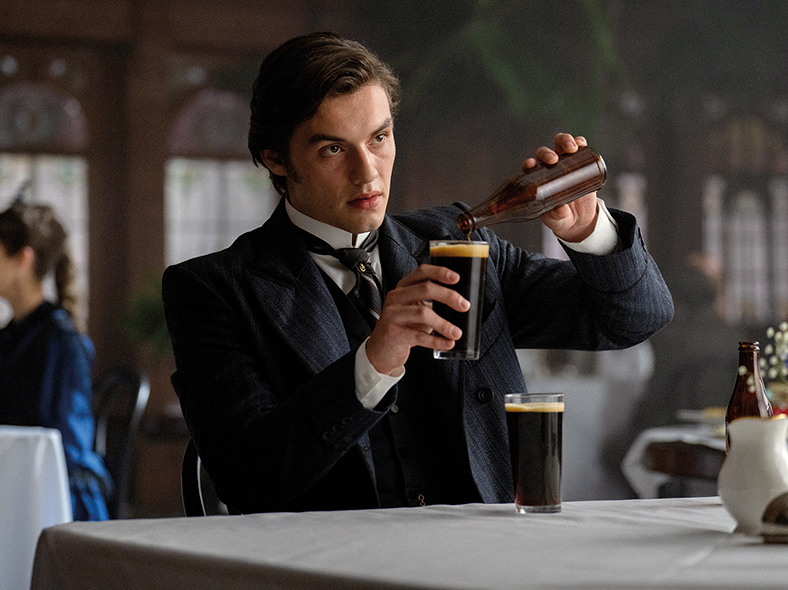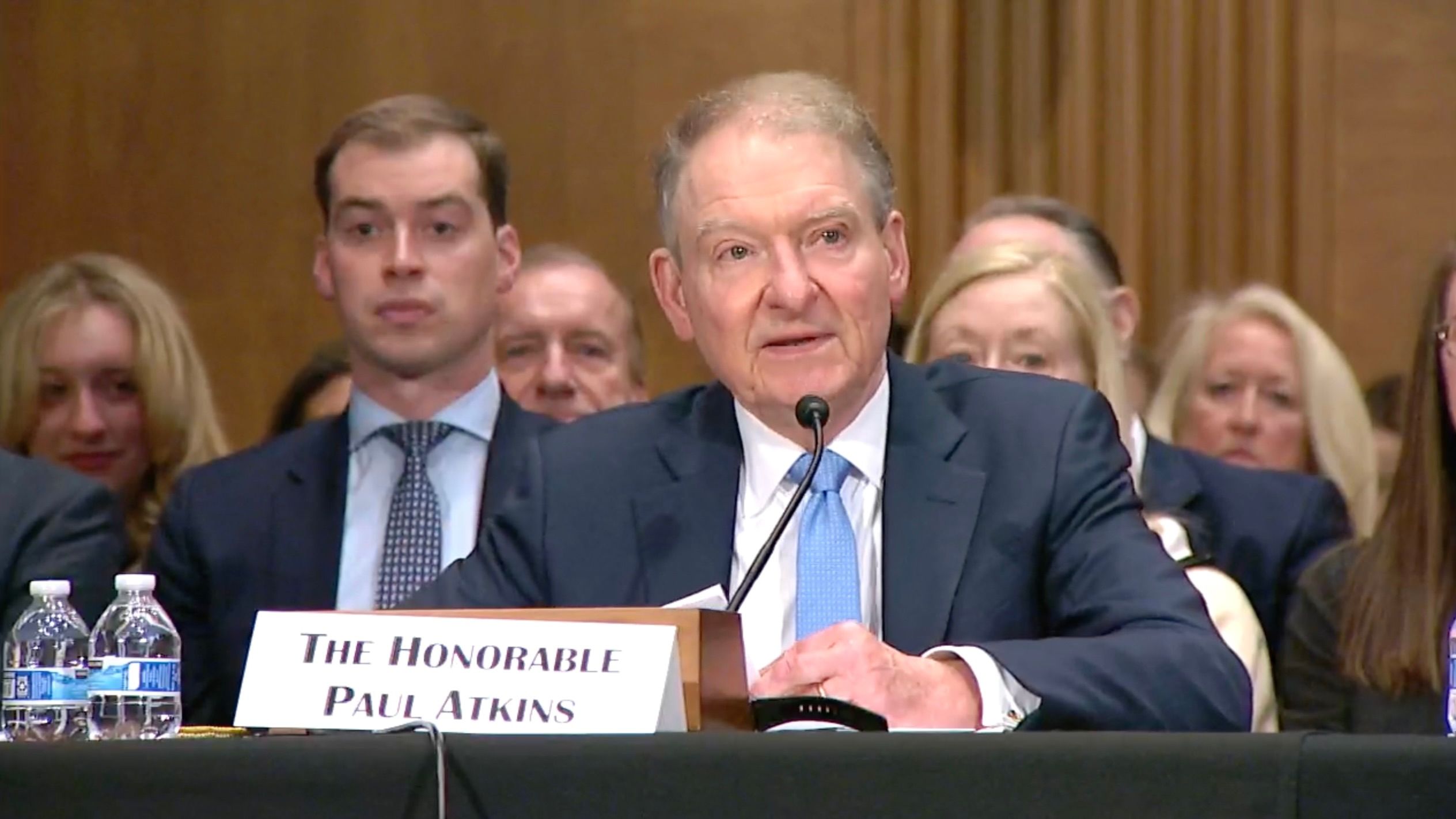By Pippa Bailey
Copyright newstatesman

In the three years since Tommy Shelby last tipped his razor blade-lined flat cap, Peaky Blinders creator Steven Knight has struggled to produce anything to fill the hole that Cillian Murphy’s glacial-yet-burning eyes bored in the TV landscape. House of Guinness is plainly – and most enjoyably – an attempt to do so. One imagines the early commissioning conversations for the series went something like: what if Peaky Blinders, but Irish?
The two series have much in common: a singular setting – in this case, late 19th-century Dublin – ruled by a dynasty; guileful protagonists who attempt to command the icy waves of rivalry, politics and religion, even as they threaten to overwhelm them; drinking, gambling, whoring and bone-crunching violence. The dialogue is deliciously aphoristic, the soundtrack coolly anachronistic (Fontaines DC and Kneecap, interspersed with Irish trad music), and the whole thing suffused with the same mucky sepia – as if the camera has been dunked in a pint of stout.
The year is 1868 and the Guinness patriarch, Benjamin – former lord mayor of Dublin, first baronet of Ashford, MP for Dublin City, philanthropist, Protestant and big-time brewer – is dead. He leaves behind four children, each with their own designs on his empire and his fortune – and, of course, their own secrets, which threaten to undo them.
The eldest, handsomely moustachioed Arthur (Anthony Boyle), is back in Ireland, now speaking the Queen’s English, after five years in London. As the first son, he’s widely expected to take up his father’s seat in Westminster and inherit the business, but he seems to want neither: the family name weighs heavily on him. Meanwhile, clean-cut and exacting Edward (Louis Partridge) has remained in Dublin, learning the art of brewing, and has both the skill and the desire to run the business. When the will is read, we discover Arthur and Edward’s father has bound them unhappily together: they inherit the brewing business jointly, and if either of them leaves it, they will forfeit their inheritance.
Completing this orphaned quartet – and largely disinherited, save a few hundred thousand pounds – are the drunken, wayward son Benjamin (Fionn O’Shea), more concerned by his gambling debts than by how to pour the perfect pint, and the only daughter, Anne (Emily Fairn). She has wits, but is trapped in an apparently passionless marriage, and has to rely on appeal and persuasion to try to corral her brothers.
The series’ biggest star, and one of the cast’s few English members, is James Norton, who plays Sean Rafferty. Rafferty operates as a sort of enforcer for the Guinness family, stalking the brewery floor, commanding its workers and meting out punishment with a sadistic brio that recalls Norton’s disquieting Tommy Lee Royce (Happy Valley). He also has a certain… appeal to Dublin’s more salubrious women.
This being 19th-century Ireland, the family feud is also tied up with roiling nationalist politics. The Guinness family are Unionists, the late Benjamin credited with maintaining “peace and prosperity” in the city. The Republican Fenian Brotherhood sees in his loss an opportunity for revolution. The resistance is led by Ellen (Niamh McCormack), who is, as a “woman with brains”, considered “a dangerous creature”, and her “bonehead” brother Patrick (Seamus O’Hara), who has little time for scheming in backrooms and would rather just set the whole city ablaze. Ellen has heard whispers of scandal and debauchery from the Guinness family’s maids, and sets out to uncover their secrets, hoping to bring down the entire edifice, and with it, British rule.
Five episodes in, the weak link is a subplot involving a cousin who volunteers to take the black gold to America. Byron Hedges is played by Jack Gleeson, whose turn as Joffrey in Game of Thrones was so unpleasant that I cannot watch him in anything without hoping someone will cave his head in. Perhaps one of the firemen with whom he has a run-in stepping off the boat in New York will oblige.
It’s a moreish watch: all the mischief, misty-wharf aesthetic and brooding threat of Peaky Blinders, with the back-stabbing, money-grabbing of Succession. Still, I couldn’t help hoping a sepulchral Cillian Murphy might slip into frame, clipping across the cobbles on a Guinness-black thoroughbred.
[Further reading: The Booker Prize 2025 shortlist]



